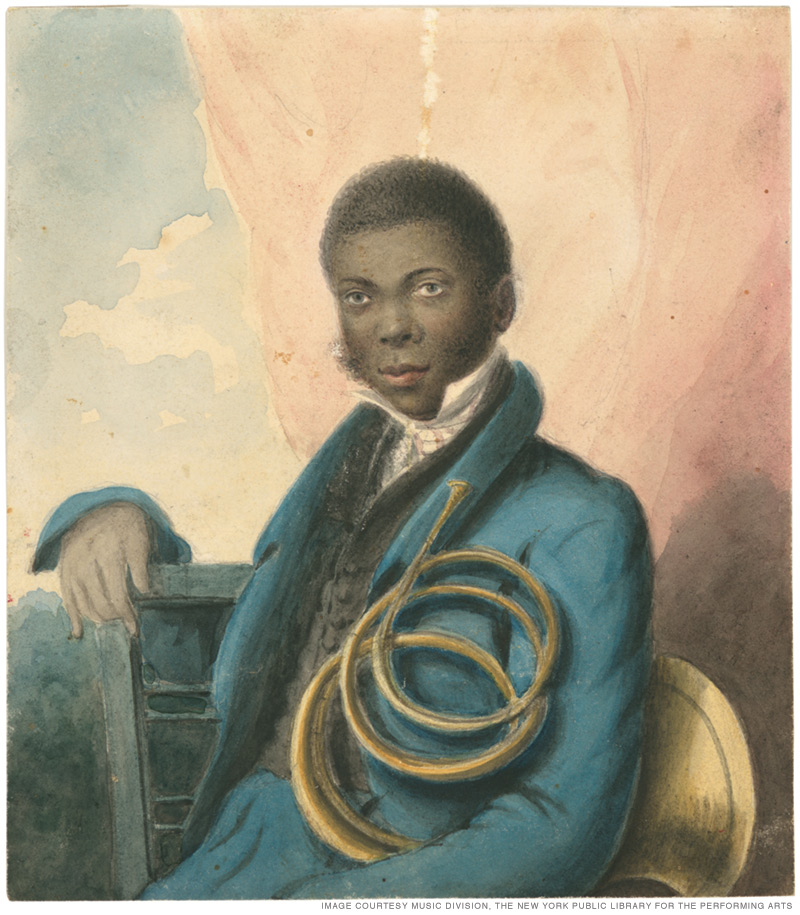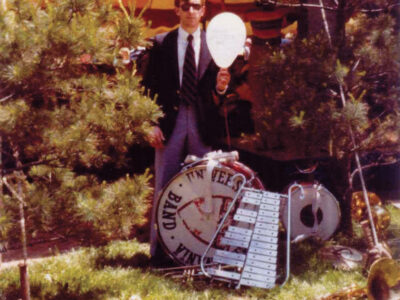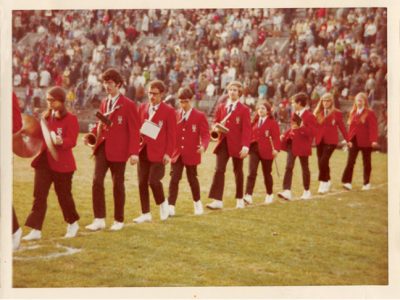
The Penn Band is one of the country’s oldest collegiate bands and one of the oldest student groups on campus, having become a ubiquitous presence at University events over the last 125 years [“And the Band Played On,” this issue].
But before the Penn Band was founded in 1897, other bands performed at campus functions. One was led by a pioneering African American named Francis Johnson.
Born in Philadelphia in 1792, Johnson rose to fame as a prolific musician and composer during the antebellum period, becoming the first African American composer to publish sheet music, take a band to Europe, and participate in racially integrated concerts in the US.
He was also the first Black bandleader and composer to play at Penn events.
According to an online exhibit at Penn Archives, Johnson was hired to bring his band to eight separate University events between 1832 and 1842, including Penn’s medical school commencement on April 2, 1841.
Despite facing racism at some performances, Johnson spread his music well beyond Penn. A violinist who also played the keyed bugle and other instruments, he toured the country and mentored and taught a number of successful Black musicians from his studio near 11th and Lombard Streets. “Johnson also led a well-known band in the Philadelphia area at a time when very few people could sustain themselves as professional musicians,” according to a Penn Archives profile. “Johnson’s band, for a number of years composed entirely of African Americans, played solely for the black community when it began. After a few years, however, the band received gigs from prominent white socialites to perform at some of the fanciest and most impressive Philadelphia-area social gatherings.”
Johnson’s fame reportedly grew in 1824 when he composed much of the music played at ceremonies welcoming Marquis de Lafayette, the last surviving major general of the Revolutionary War, back to the United States. In 1837, his band played for Queen Victoria at Buckingham Palace and “the young monarch was so taken with Johnson’s musical talent that she gave him a silver bugle as a present,” per Penn Archives.
Johnson’s compositions remained in print long after his death in 1844, and some of his music was rerecorded near the end of the 20th century. —DZ



